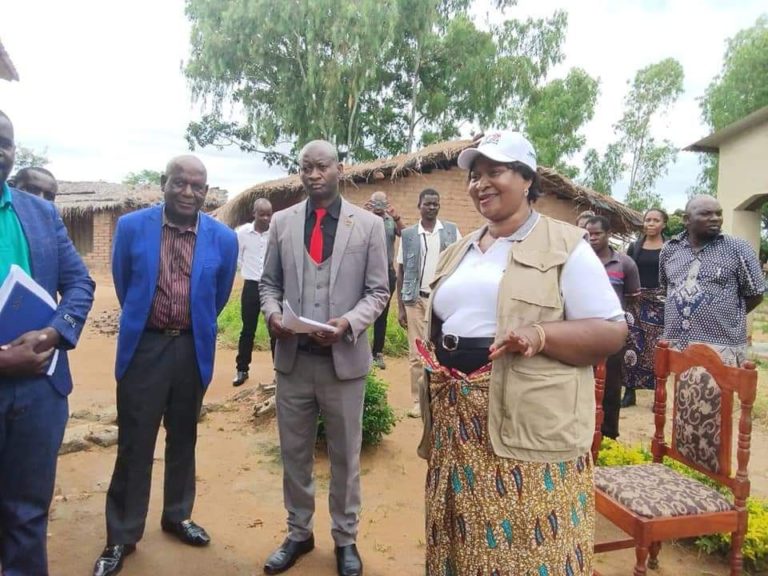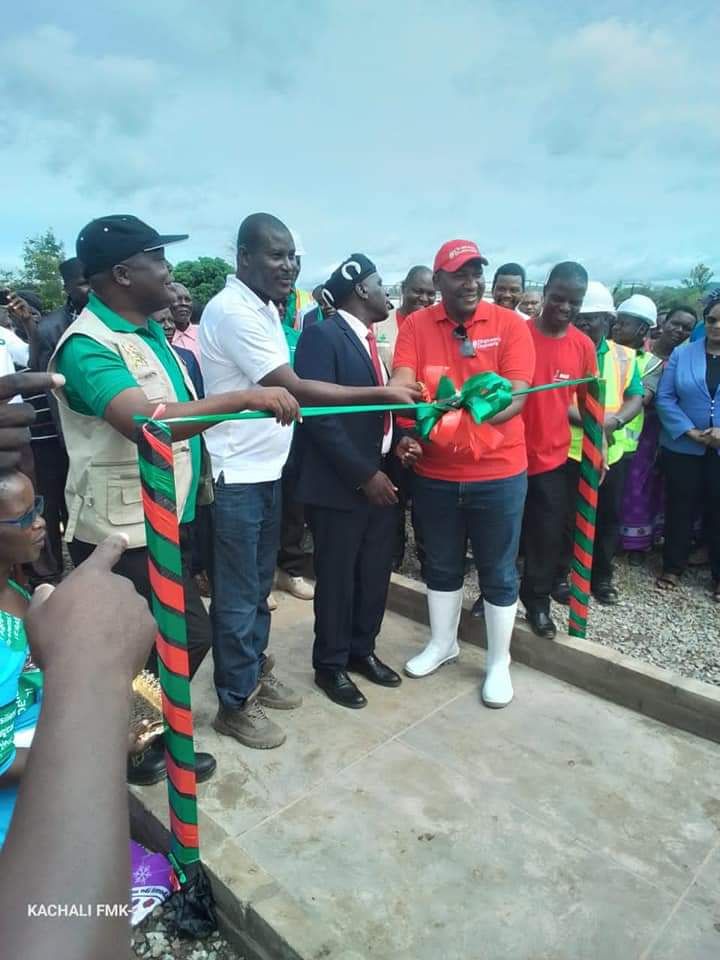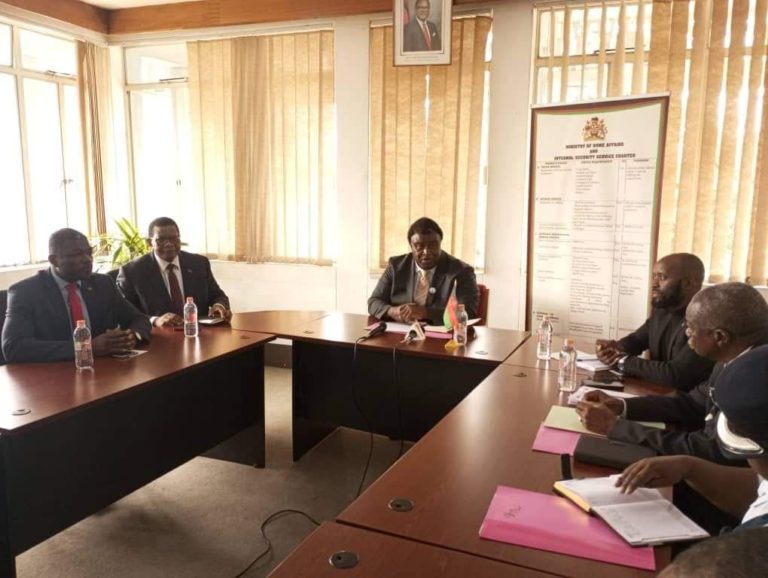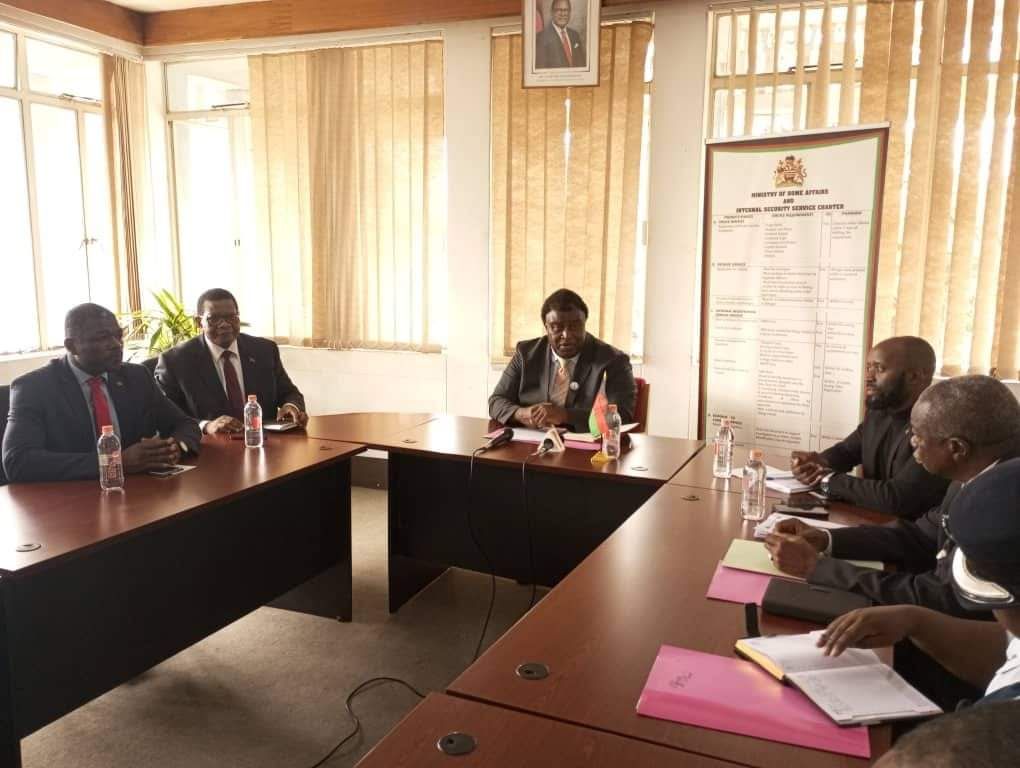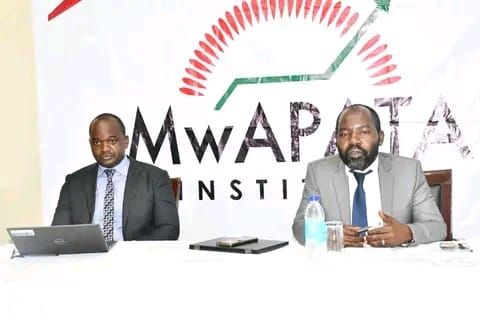By Innocent Chunga
Minister of Gender, Community Development and Social Welfare, Jean Sendeza, has expressed satisfaction over the progress of the electronic payment method in the implementation of the Social Cash Transfer Programme (SCTP) in Nkhotakota District.
Speaking after visiting some of the beneficiaries of the social cash transfer programme in Sub Traditional Authority Kamphambale at Dwambazi on Tuesday, Sendeza said the adoption of the system has assisted beneficiaries in budgeting and enhanced security in the disbursement of funds, among other areas.
She said the programme is a milestone in improving food and economic security levels of ultra-poor and labour constrained households in the district.
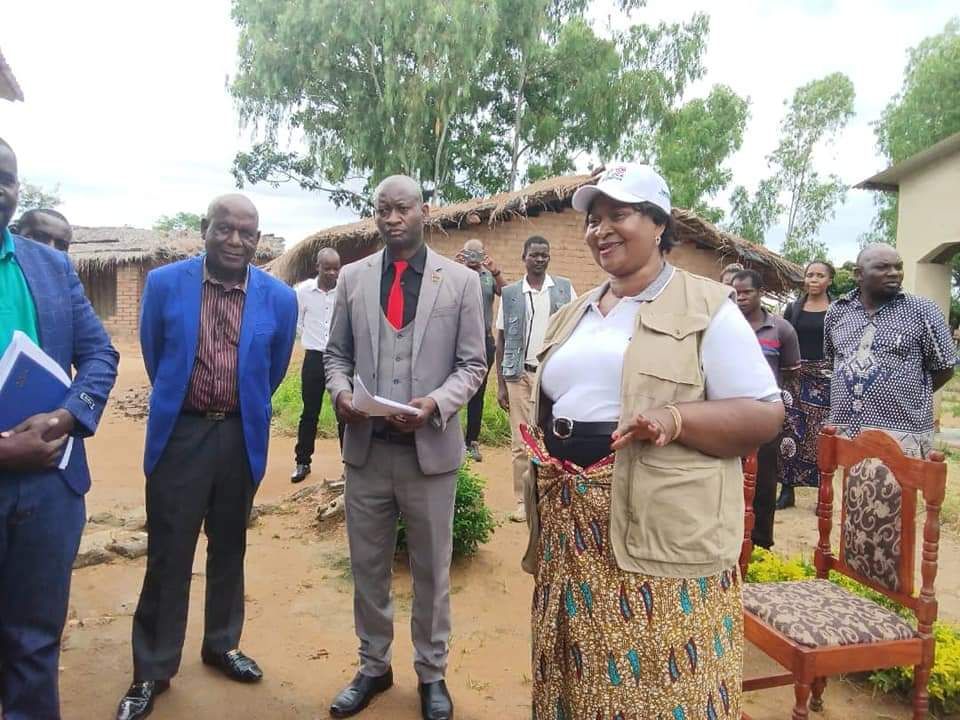
Meanwhile, the minister disclosed that the government will soon start registering new beneficiaries in the programme, following its decision to increase the number of beneficiaries to help address challenges the ultra-poor families face in the country.
“Let me take this opportunity to advise and urge all responsible officials at the district council to ensure only deserving beneficiaries are registered,” said Sendeza.
Some of the beneficiaries in the district said they have managed to construct decent houses and venture into farming and livestock production using money they received from the programme through TNM Mpamba and joining Village Savings and Loans (VSL) groups in the area.
In his remarks, TNM Mpamba Ltd. General Manager Christopher Sukasuka said his company has committed to support the government in various projects, including Social Cash Transfer for smooth implementation of the project in the country.
Currently, the programme supports about 7,800 households in Nkhotakota.
The programme is being implemented by the National Local Government Finance Committee (NLGFC) through the district council with funding from Social Protection Multi-Donor Trust Fund and the World Bank.


